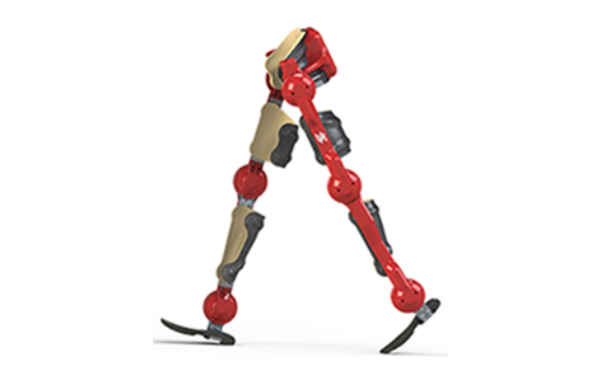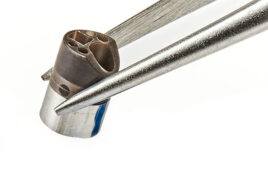The University of Houston (UoH) Noninvasive Brain-Machine Interface Systems Lab, which pioneered a new approach for lower-limb exoskeletons, plans to send a research team to Zurich next month to vie for a share of $5.5 million in prize money at the inaugural Cybathlon competition.
Cybathlon, organized by research university ETH Zurich, is being launched to provide a platform for the development of novel assistive technologies that are useful for daily life. Organizers hope the competition will remove barriers between people with disabilities, the public and technology developers.
The competition will highlight six demanding disciplines and will include races for athletes using powered arm and leg prostheses, powered wheelchairs, and wearing robotic exoskeletons. There also will be races for cyclists using electrical muscle stimulation and brain-computer interfaces.
The various races will test how the competitors cope with specific challenges and activities from everyday life.

The wearable robot is controlled solely by brainwaves—no joysticks or voice commands—and allows paraplegics to walk. (Credit: University of Houston)
The UoH’s powered exoskeleton, which will be part of a futuristic brain-machine robotics system, is a powered wearable robot that allows those with lower-limb paraplegia to regain mobility without a walker or cane.
The robot is controlled by noninvasive brain-machine interface systems, or brain waves. The research lab is using a variety of machine learning approaches to train the machine, a pioneering approach for controlling lower-limb exoskeletons.
The UoH lab is made up of engineers, neuroscientists, health professionals and students, and is directed by Jose Contreras-Vidal. According to the university, Contreras-Vidal will seek approval for the product from the FDA, which regulates exoskeletons as Class II devices.
Custom Hardware Parts
For hardware development, the university partnered with Proto Labs, which manufactured 90 percent of all custom aluminum components, including motors, controllers, and braces used in the robot.
Proto Labs was selected as a manufacturing partner because of its rapid turnaround time for custom prototypes and parts, which was particularly important given the projects’ tight timeline, according to UoH.
With Proto Lab’s help, the UoH research lab conceptualized, prototyped and built the robot from scratch in just 10 months.
Compared to other exoskeletons, the UoH robot is designed to have a more natural, even individually recognizable human gait, according to the researchers. To deliver the experience, the wearable robot was provided with six joints—one at each ankle, knee, and at the hip.
Matt Standridge, who has paraplegia, will pilot the UoH robot during the competition. Standridge recently was featured in an article about the event published in the periodical, Nature.
Cybathlon will take place October 8 at the Swiss Arena in Kloten.




